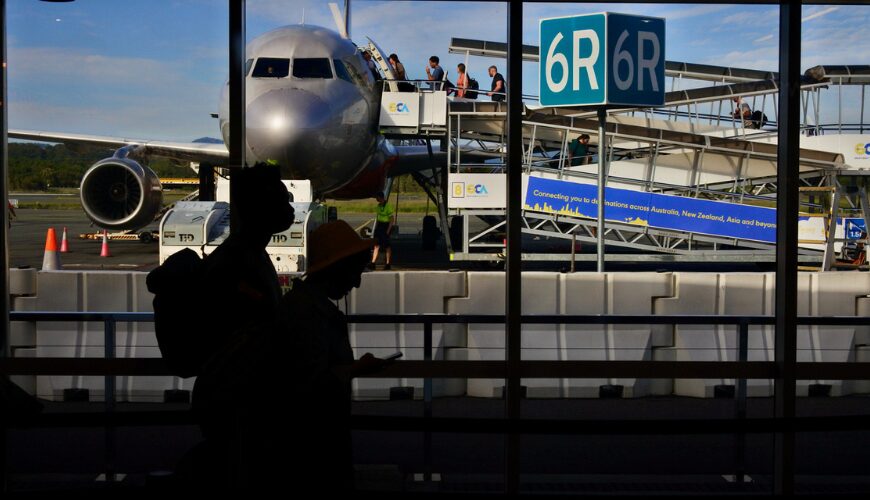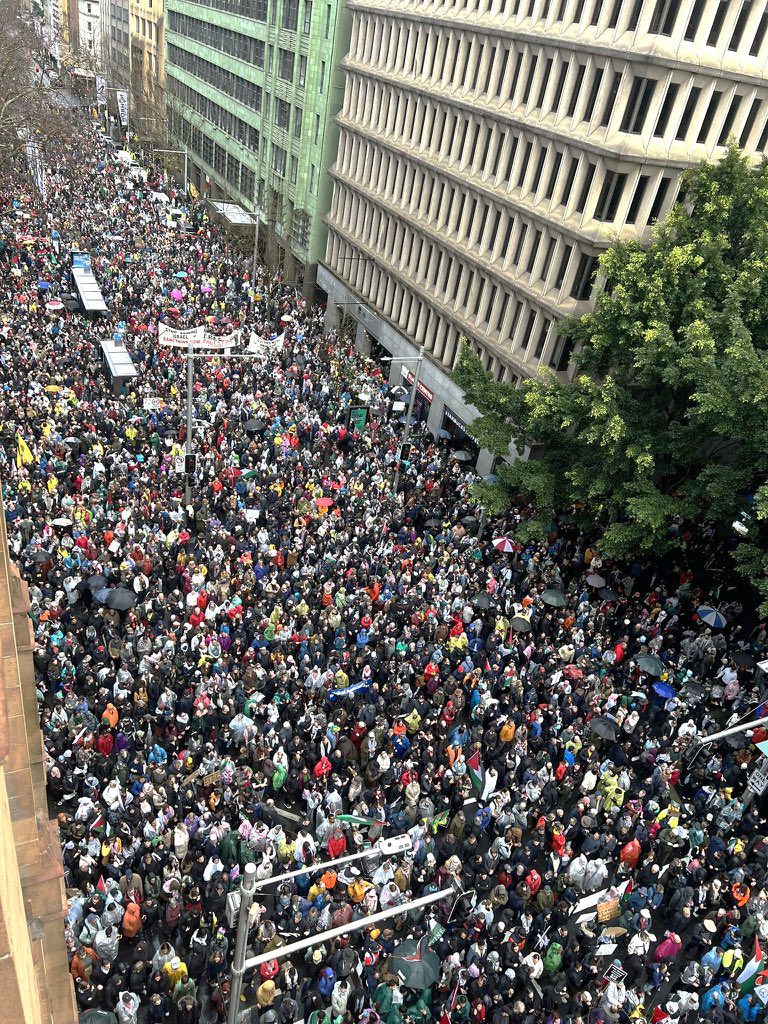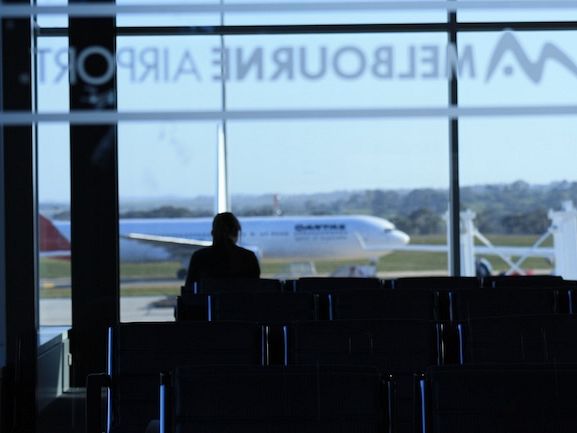Human Rights Commissioner Warns on Migration Act Changes

Concerns Over Migration Act Changes in Australia
Recent proposed changes to Australia’s Migration Act have stirred significant concern from the Human Rights Commissioner, who warns that they could potentially undermine human rights and violate Australia’s international legal commitments.
What Are the Proposed Changes?
This week, the Federal Government introduced legislation to amend the Migration Act 1958, which includes provisions allowing the removal of certain non-citizens to third countries without ensuring they have a fair chance to respond. This is termed procedural fairness, a vital aspect of our legal system that ensures individuals have an opportunity to be heard in decisions affecting their lives.
The Human Rights Commissioner’s Perspective
Human Rights Commissioner Lorraine Finlay expressed strong opposition to the proposed changes, stating, “These amendments strip away one of the most basic legal protections of a fair society: the right to be heard.” She highlighted that removing procedural fairness could result in significant consequences for non-citizens regarding their safety, health, and family lives.
Finlay further warned, “Expressly removing it from decisions about third-country transfers risks serious harm and sets a troubling precedent.” By allowing the government to transfer someone to a third country without a meaningful opportunity to respond, we risk undermining the fairness that our legal system aims to uphold.
Retrospective Validity and Legal Concerns
Another layer to the proposed amendments involves retrospectively validating certain visa decisions. This raises concerns about the potential for retrospective criminal liability, an issue that challenges the rule of law and warrants careful examination.
Finlay emphasised, “These changes must be carefully scrutinised by Parliament to ensure they do not undermine Australia’s human rights obligations. Fairness should never be optional.”
Broader Context of Legislative Changes
The proposed amendments are part of a broader response to recent High Court decisions, particularly a 2023 ruling in NZYQ that deemed indefinite immigration detention unconstitutional. Following this, hundreds of detainees were released, many of whom could not be deported to their home countries. This situation has led to a flurry of legislative changes, including provisions allowing the government to financially incentivise third countries to accept non-citizens.
As Finlay pointed out, “These amendments need to be seen in their broader context.” Rather than patching over legal gaps reactively, we need coherent migration and asylum policies that uphold the integrity of Australia’s migration system while honouring human rights commitments.
Implications for Job Seekers
For those considering migration to Australia, it’s essential to remain informed about how changes in legislation may affect visa options and eligibility. If you’re exploring visa sponsorship, such as the 482 visa or 189 visa, understanding the legal landscape can help ensure you make informed decisions. Keep an eye on developments, as they can influence opportunities available for skilled migrants.
What do you think?
Have a question about this topic or your own plans to move to Australia or New Zealand? Scroll down and leave a comment. We’d love to hear from you.
Thinking about moving to Australia?
Join our free and supportive community at Oz Visa Forum.
Post in our forums to get advice and support from people who’ve already made the move.
Not sure where to start? Click here to get started







Responses